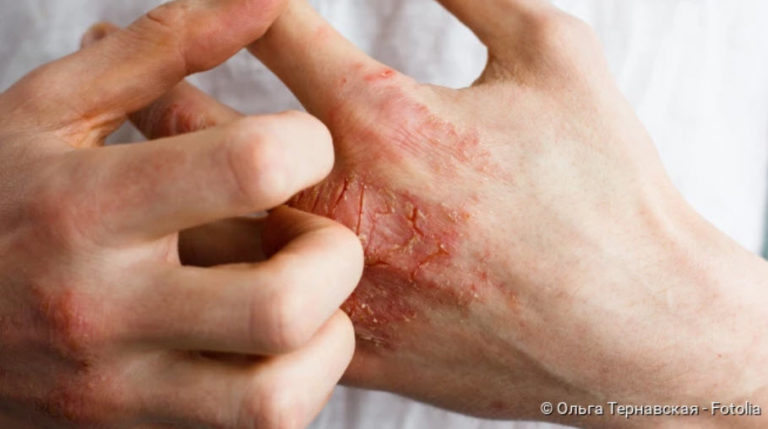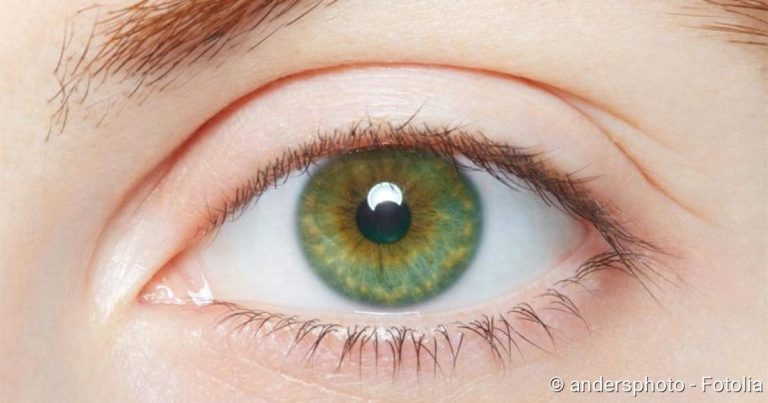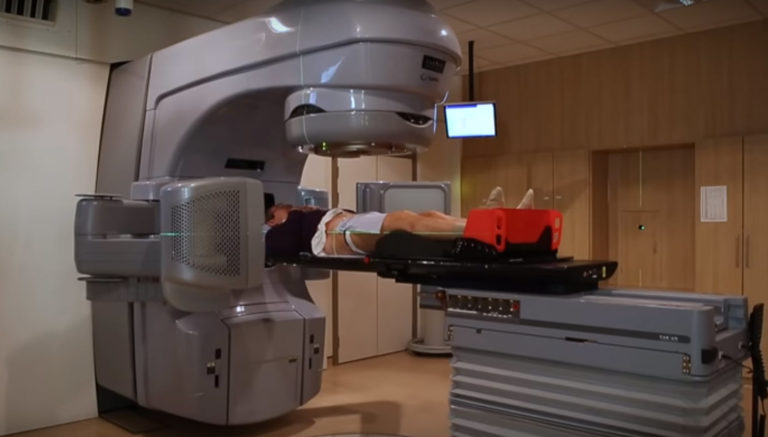Munchausen syndrome: Symptoms, Diagnosis, Treatment, Prognosis
Munchausen Syndrome
Munchausen Syndrome is a severe mental disorder in which patients feign or intentionally cause physical illness (Source). This includes compulsive self-damaging behavior (Source), the invention of spectacular medical histories (Source), and constant changes of doctors (Source). Read here everything important about Munchausen Syndrome.
ICD codes for this disease: F68

Description Of The Munchausen Syndrome
Munchausen syndrome is a severe mental disorder. Those affected fake – or deliberately cause – physical or psychiatric symptoms and disabilities. Such behavior is also called an artificial disorder. They do not shy away from pain, permanent physical damage, or efforts to credibly convey that they are ill. Painful treatments or dangerous interventions such as operations do not scare them off. Their lives revolve primarily around moving from one doctor to another and from clinic to clinic.
Unlike other patients with an artificial disorder, they often invent spectacular medical histories and often makeup experiences that affect other areas of life. The disorder is therefore named after the famous “lie baron” Hieronymus Carl Friedrich von Munchausen.
Differentiation to simulators
Those affected may hurt themselves or cleverly feign health problems. However, they have no financial interests or other external incentives for their behavior, so they are not considered to be scammers or criminals. Their behavior is compulsive and aims to gain attention and receive medical treatment. Nevertheless, people with Munchausen syndrome are difficult to distinguish from malingers who are mentally healthy and benefit from feigning illness.
Who is affected by Munchausen syndrome?
There are currently no studies that reliably estimate the number of people affected. Experts assume that approximately two percent of all patients in hospitals suffer from artificial disorders, a proportion of these in turn suffering from Munchausen syndrome. However, the actual number could be considerably higher, as many cases are not detected.
While artificial disorders mostly affect women, especially those with medical expertise, Munchausen syndrome, in particular, occurs more frequently in men. Besides the symptoms of Munchausen syndrome, they are often diagnosed with personality disorders such as borderline, narcissistic, or dissocial personality disorder. People with Munchausen syndrome avoid psychiatric or psychosomatic institutions. They usually have no insight into the illness or are afraid of having to give up their obsessive-compulsive behavior.
Munchausen By Proxy Syndrome
A special form is the Munchausen by Proxy Syndrome. In this case, the affected persons do not harm themselves but others – mostly it is mothers who hurt their children and make them ill. They then have them treated by a doctor and look after them sacrificially. This shocking behavior is also not out of malice or sadism, but out of inner compulsion.
Symptoms Of Munchausen Syndrome
Munchausen syndrome is an artificial disorder. It is characterized by the fact that patients feign or artificially induce diseases. In contrast to other people with other artificial disorders, however, patients with Munchausen syndrome do not have an intact social environment.
In the following, right below, you will read about further symptoms that are typical for Munchausen Syndrome.
Self-damaging behavior:
Patients with Munchausen syndrome take sometimes drastic measures to obtain medical treatment. They inflict wounds on themselves, infect or corrode their skin with fluids, get hypoglycaemic or draw blood from themselves to create anemia.
They can also present organic problems such as gastrointestinal or heart problems so convincingly that they can be operated on by doctors. After the operation, they sabotage the healing process by infecting scars, for example. They also use the intake of unnecessary medication and drug abuse to damage the body.
Lack of suffering
They seem to be indifferent to the pain they inflict on themselves or through unnecessary medical interventions. A cure is sabotaged. The aim is always to create or maintain a physical illness. Patients with Munchausen syndrome often attract attention in clinics when they do not show any joy about a successful treatment.
Termination of relationships with their current doctors
As soon as they have been treated in a clinic, they break off their stay at an early stage against medical advice and are admitted to another clinic. Even if the doctor treating them is suspicious, they look for a new one. Jumping from one doctor to another is called “doctor shopping”.
As a result, they permanently change their whereabouts. For this reason, and also because they fear being confronted with the falsity of their stories, they have no social environment. The medical staff is often the only contact person.
Compulsive lying
Typical for Munchausen syndrome is the so-called pathological lying or “pseudologica phantastica”. The patients invent uncontrolled and as if out of inner compulsion constantly new lie stories for their medical records. They live out their symptoms very dramatically.
Identity Disorder
Behind Munchausen syndrome is usually a personality disorder. The patients are in great conflict with their own identity and suffer from severe self-esteem problems. The invented stories help them to build up a new identity again and again, of which they have also convinced themselves at times. As soon as doctors look behind the façade, they break off the relationship to protect their false identity.
Causes And Risk factors Of Munchausen syndrome
The exact causes of Munchausen syndrome are still unknown. However, many patients report traumatic experiences in childhood. These can be frequent experiences of loss, abuse or neglect in childhood. In some cases, one parent already suffered from Munchausen syndrome.
Some experts suspect that Munchausen Syndrome is caused by life fatigue. The constant self-damaging behavior is an indication of an attempt to take one’s own life. At the same time, it reveals the disturbed self-image. The often underlying personality disorders also play a central role.
Examinations and Diagnosis Of Munchausen Syndrome
For doctors, Munchausen syndrome is difficult to detect because patients rarely stay with a doctor for a longer period of time. The Munchausen patients simulate the diseases very credibly so that the doctor will first carry out detailed examinations and treat self-generated injuries. Only after some time or through discussions with a previous treating physician does the Munchausen Syndrome become apparent.
An indication of Munchausen syndrome is the indifference of patients towards painful or dangerous medical interventions. It is also noticeable that, according to the patient, the symptoms keep getting worse after they have been treated. If in the course of treatment it turns out that the symptoms – for no apparent reason – are self-induced, the doctor will recommend a psychiatrist or psychotherapist.
According to the international classification of mental disorders (ICD-10), the following criteria must apply to Munchausen syndrome:
- Persistent behavior that creates or feigns symptoms and/or self-harm to induce symptoms.
- There is no external motivation, such as financial compensation, for this behavior.
- Exclusion is the absence of a confirmed physical or mental disorder that could explain the symptoms.
Treatment Of Munchausen Syndrome
First of all, the injuries inflicted or artificially produced symptoms must be treated. In extreme cases, self-damaging behavior can be life-threatening.
Psychotherapy is necessary for the actual treatment of patients with this condition. However, it is risky to approach Munchausen patients with psychological problems. Most of them get frightened when their lies are exposed and then break off contact. For Munchausen patients, it is important that their medical histories are taken seriously.
A trustful relationship between doctor and patient is, therefore, the basis for treatment. In the best case, the patients agree after some time to seek therapeutic help. As a rule, however, they refuse psychological treatment.
If the patient can be motivated to undergo therapy, this is often done as an inpatient in a clinic. Experts also report good success with an interval setting. Patients repeatedly stay in the clinic for longer periods of time and are treated as outpatients in between.
Patients with this condition often present an ethical dilemma for doctors and bring legal conflicts with them. They abuse the medical system and cause enormous costs. However, it is important to remember that this is a psychological problem. Munchausen patients cannot stop with this behavior because it has an obsessive character.
Prognosis For Munchausen syndrome
Usually, symptoms for this condition begin in adulthood. The disease can develop very differently. However, it is always characterized by countless visits to the doctor and hospital stays and often also by many unnecessary operations.
According to current knowledge, Munchausen syndrome has a poor prognosis because patients refuse adequate treatment in the context of psychotherapy. As soon as they are approached by the doctors about their problem, they discontinue treatment. The constant change of doctors makes it even more difficult to carry out meaningful long-term treatment.
ICD codes: F68
ICD codes are internationally valid codes for medical diagnoses. They can be found, for example, in doctors’ letters or on certificates of incapacity to work.
Sources:
- Dilling, H. & Freyberger, H.J.: Pocket Guide to the ICD-10 Classification of Mental Disorders, Hogrefe Publishing House, 6th Edition, 2012
- Dulz, B. et al.: Manual of Borderline disorders, Schattauer Verlag, 2nd edition, 2011
- Marneros, A. & Rohde, A.: Gender-specific Psychiatry and Psychotherapy, Kohlhammer Verlag, 1st edition, 2007
- Masuhr, K.F. et al.: Neurology, Thieme Verlag, 7th edition, 2013
- Möller, H-J. et al: Psychiatry and Psychotherapy, Springer Verlag, 3rd edition, 2007
- Nedopil, N.: Forensic Psychiatry, Thieme Verlag, 4th edition, 2012
- Schneider, F.: Facharztwissen Psychiatrie und Psychotherapie, Springer Verlag, 1st edition, 2012
- Sonnenmoser, M.: “Artificial disturbances: Mysterious and dangerous”, in: Deutsches Ärzteblatt, Issue 9, September 2010
- S2 guideline “Child Abuse and Neglect” (Status: 2008)





